Language
- Deutsch
- English
- Español
- Français
- Italiano
- Nederlands
- Português
Currency
- AUD Australian Dollar
- CAD Canadian Dollar
- EUR Euro
- GBP Pound Sterling
- SGD Singapore Dollar
- USD US Dollar
- ZAR Rand

Is South Africa safe for tourists? The short answer – yes! At its heart, South Africa is an exciting, culture-rich, and outstandingly beautiful country. The ‘Rainbow Nation', as it's affectionately known, is absolutely safe for tourists and a destination that millions flock to on an annual basis.
As one of Africa's leading safari agencies, the safety, security, and overall comfort of our clients is our number one priority. We live by the ethos ‘we know because we go' and would never recommend a destination or property that our team of Africa Safari Experts have not experienced themselves.
Since 1998, we've ensured that our experts are well-travelled and possess decades of first-hand experience and knowledge on any region they recommend. For additional peace of mind, Go2Africa clients have 24/7 access to a professional travel liaison who is there from the moment of your departure to the second you return home.
Overall, South Africa is a safe destination for tourists to visit. However, we have compiled the below guide on South Africa travel safety tips and answer your questions:
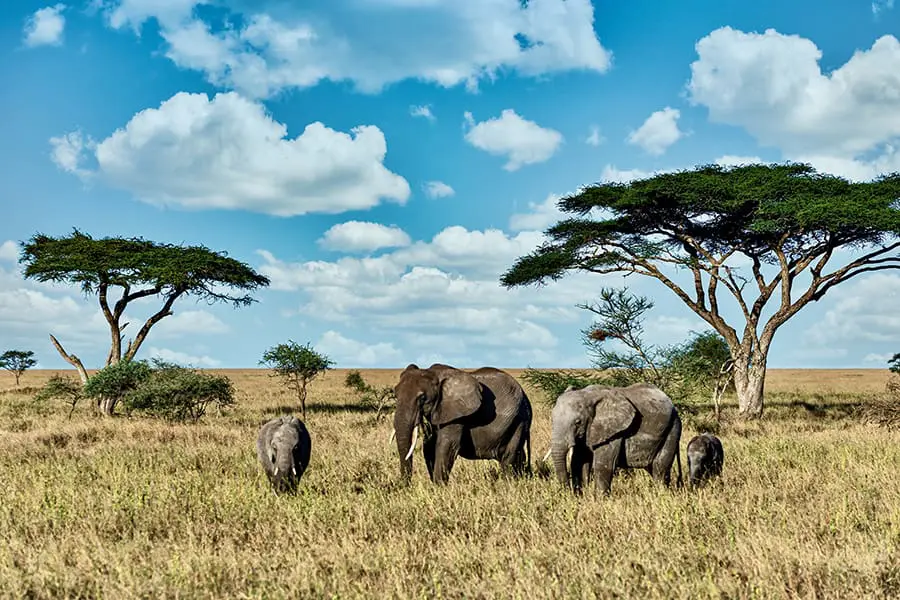
Each year, millions of tourists make their way to South Africa to experience its most popular destinations, namely Cape Town, Johannesburg, and the Kruger National Park. There are, of course, many other exciting areas to explore, but these are undoubtedly the heavy hitters. As tourism plays a massive role in South Africa's economy, the country does its best to ensure its visitors' safety and comfort.
It’s also important to note that when on a South Africa safari, the majority of your time will be spent in national parks and private reserves. Should your trip entail time in major cities, like Cape Town and Johannesburg, it's unlikely to run into trouble when practising standard safety precautions – such as leaving any valuables in the safe, not walking around alone at night, or keeping your bag close.
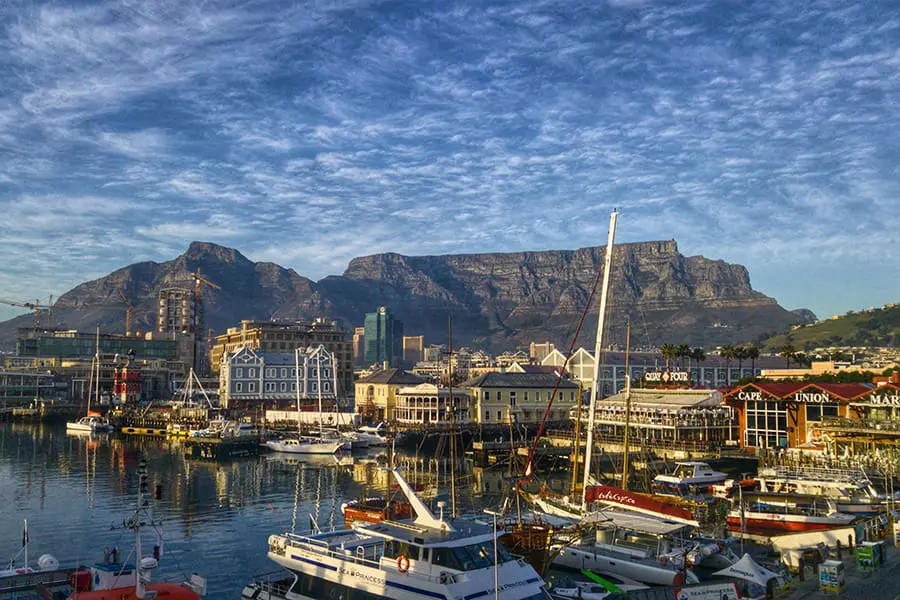
Yes, and many will tell you that they had no problems during their stay. It would be remiss of us to simply leave it at that and not mention that poverty is a struggle and crimes of opportunity do occur. As with many other countries, pickpocketing and bag snatching are among the petty crimes that take place. To mitigate this risk, we advise not flashing any valuables while out and about – cash, expensive items, walking with your phone in your hand.
This is not said to scare you, but to promote the same safety precautions, as the locals would. Fortunately, Go2Africa is based in South Africa, and our experienced African Safari Experts are well-versed in all the best spots, as well as the ones to avoid. They will provide you with invaluable information to keep you safe and happy on your adventure.
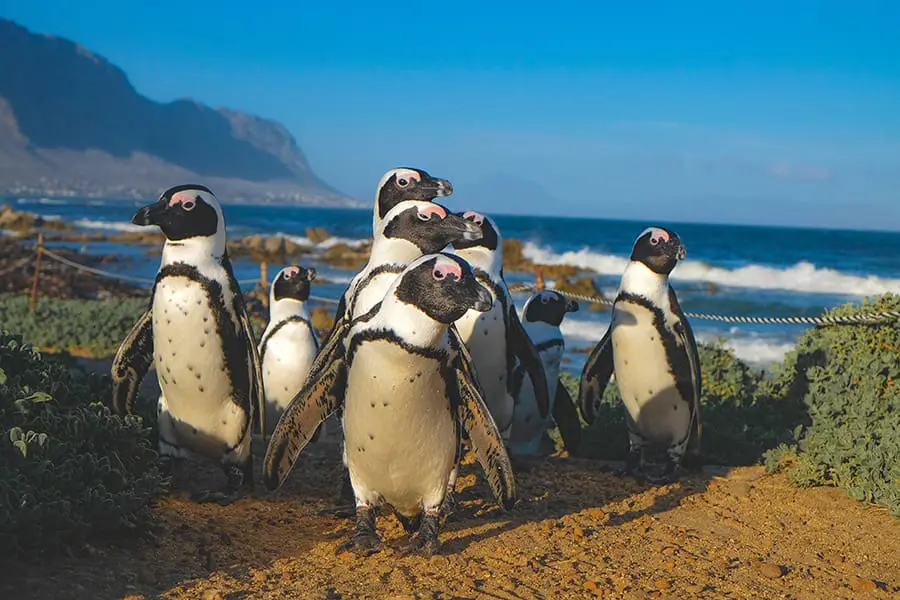
South Africa is known as the ‘Rainbow Nation' for a reason; everyone is welcome to visit and join the rich melting pot of cultures that already exist. The country is completely safe for any and every nationality to visit. When consulting travel advisories compiled by foreign governments, the risk associated with travel to South Africa is often exaggerated, and typically relate more to self-planned and city-based travels.
To reiterate, any potential risks are also largely mitigated when booking with industry experts, and when embarking on a safari as it's far removed from residential areas and cityscapes. It's also worth noting that South Africans are known to be friendly people who welcome millions of tourists to their home on an annual basis.
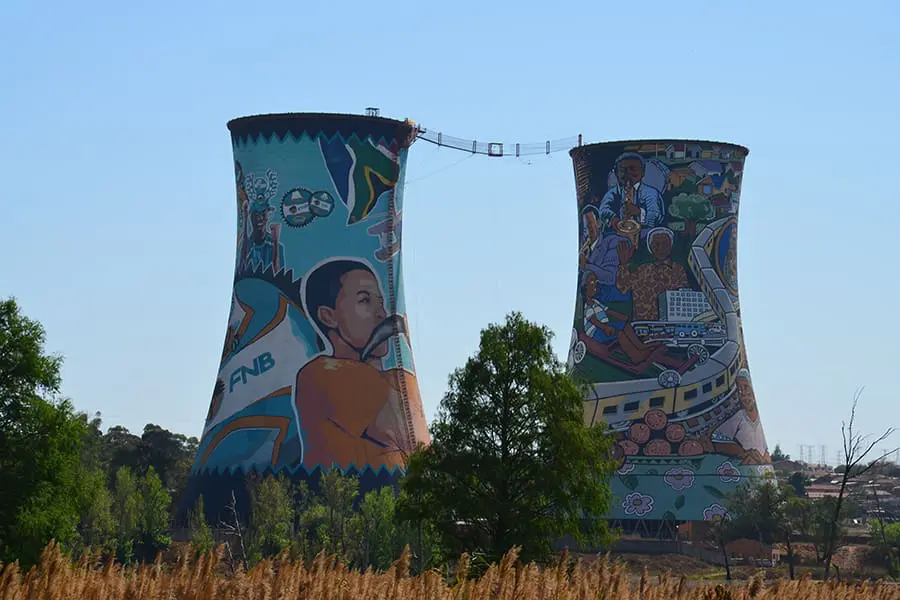
South Africa, like many countries across the globe, has its trials and tribulations. While research is important, and can help you to know what to expect, misinformation is misleading and can paint the country in a negative light. We advise you to speak to our dedicated team of Africa Safari Experts and allow them to address any questions or concerns you may have.
Remember, Go2Africa tailors itineraries to include safe transportation and accommodation with trusted, professional suppliers, ensuring you are in the best hands as you explore the exquisite country at your fingertips.
Travelling to South Africa is no more dangerous than visiting any other country. But it's always good to be aware of the possible risks that might come up:
Terrorism
There is little to no threat of terrorism in South Africa. Anyone who has spent a significant amount of time in the country will tell you that you have nothing to worry about regarding terrorist threats.
Public Transport
The public transport infrastructure in South Africa has been an ongoing problem for many years. It is not recommended to make use of the current options available and to make use of e-hailing services such as Uber instead.
When on safari in areas like the Kruger National Park and the Garden Route, a private game vehicle or pre-arranged transfers will ensure you get from one destination to the other.

Wildlife
Any and all visitors are reminded that when visiting national parks and private reserves with wildlife, it's important to listen to the experienced guides and rangers accompanying you. While all expeditions and encounters are carefully managed, there are still local wildlife laws and safety precautions that need to be adhered to.
This is simply a reminder to listen to professionals when in environments you're unfamiliar with. An example of this would be when guides tell you to always remain in the vehicle during a game drive. Of course, this doesn't apply to sunset sundowners, but you'll enjoy a designated and safe spot with the best views for that! Visit our African safari safety guide more information on wildlife safety while on safari.
Natural Disasters
Fortunately, South Africa sees relatively tame natural disasters. Wildfires often occur during the warmer months of the year, particularly in Cape Town and the dry grasslands. Luckily, South Africa's firefighters are well-versed in handling and containing wildfires before they reach disastrous levels.
Food & Water
South Africa is as much a culinary destination as it is a safari one. The local people take their food seriously and you can find a cuisine to satisfy every craving. From fine dining restaurants and global favourites to cosy cafes and local flavours, South Africa has it all. Oh, and if you haven't treated yourself to a ‘braai' (akin to a barbecue) or a Malva pudding, then you haven't lived!
Additionally, when staying at some of the top lodges, hotels and camps in South Africa, you can expect nothing but quality, delicious food crafted to the highest standards. Each meal will be well thought out, meticulously prepared, and leave you looking forward to more.
When it comes to quenching your thirst, tap water in urban areas is completely safe to drink. In rural areas, however, you might want to avoid tap water – just to be safe. Bottled water is readily available throughout every destination you visit.
Power Outages
Nationwide power outages, or ‘Loadshedding' as it's known locally, are a regular occurrence in South Africa. These outages are rolling blackouts based on stages and areas. While inconvenient, most restaurants and businesses have come up with alternative power sources to keep themselves functioning with no interruption. It's worth noting that while on safari, these will have almost no impact on your stay. However, it may be mildly inconvenient during city visits.
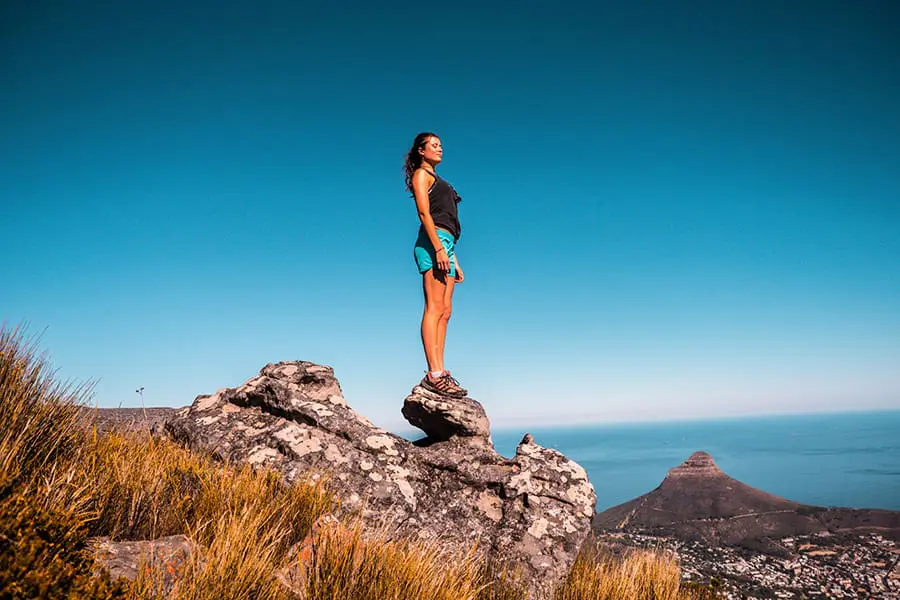
Yes, South Africa is safe for female travellers. Many female visitors to South Africa leave here having experienced no problems at all. As with all travellers to South Africa, it's important to be aware of your surroundings and keep valuables out of sight.
When on safari, the chance of having belongings stolen, or running into trouble, is minimal. All guests are treated with the utmost respect by staff and properties are secure.
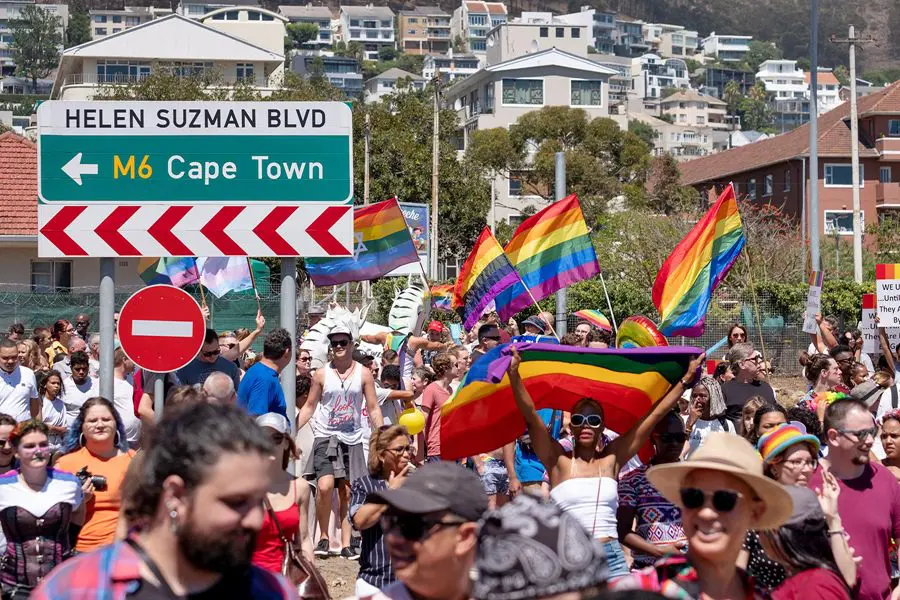
A question that our Africa Safari Experts get asked fairly often is: is South Africa safe for LGBTQ travellers? The answer is a resounding yes! Both same-sex relationships and marriages are legal in South Africa and the country's constitution protects LGBTQ+ people from discrimination.
Cape Town, in particular, is South Africa's gay-friendly hub and is the most sought-after LGBTQ+ travel destination on the continent. Johannesburg also has an established gay scene with a vibrant nightlife and trendy hotspots that welcome people of all backgrounds.
LGBTQ+ travellers are unlikely to have any problems in South Africa. As with any other country, there is always the chance of an encounter with people who are intolerant and prejudiced. Overall, it's a very LGBTQ+ friendly country.
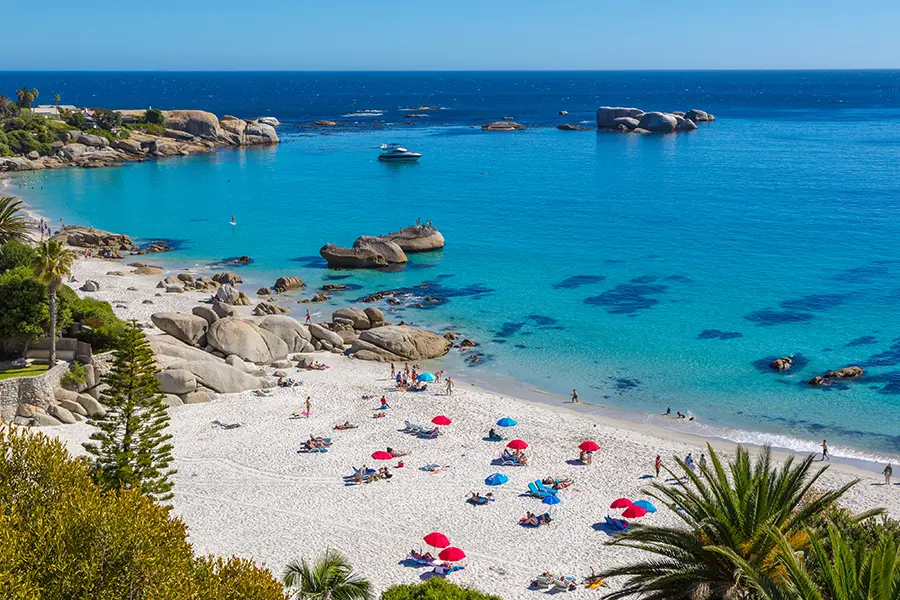
Cape Town is generally the most popular city for tourists. Not only are there endless things to do in Cape Town – from world-famous attractions like Table Mountain and Robben Island to award-winning wineries and culinary delights in the Cape Winelands – but it's one of the most beautiful cities. From white sandy beaches to seemingly sky-high mountains, it's an outdoor lover’s paradise.
We recommend practising standard safety precautions like not walking alone at night and avoiding areas that are known to have higher levels of crime – Our African Safari Experts will ensure you're aware of this prior to departure.
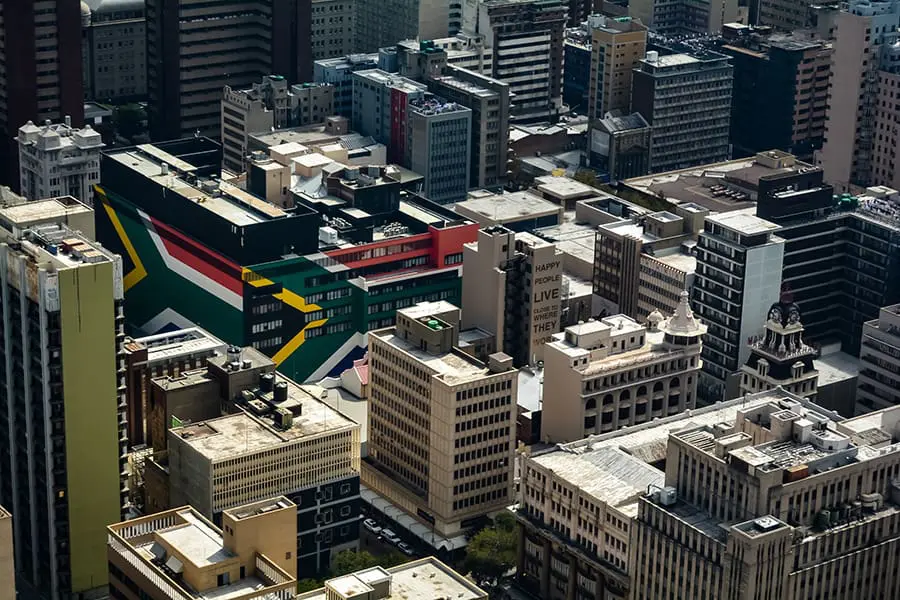
Yes, Johannesburg is relatively safe for tourists. Like any other major city, Joburg has its dangerous areas. But overall, the metropolitan is safe for travellers, as long as you keep your wits about you. The city is known for its plethora of fine dining restaurants, trendy bars, dazzling art galleries and buzzing nightlife – the perfect place for the traveller looking for an urban safari before or after heading to the Kruger.
Like Cape Town, petty theft will be the biggest risk you face in Johannesburg. Pay close attention to your surroundings and take the necessary precautions to stay safe.
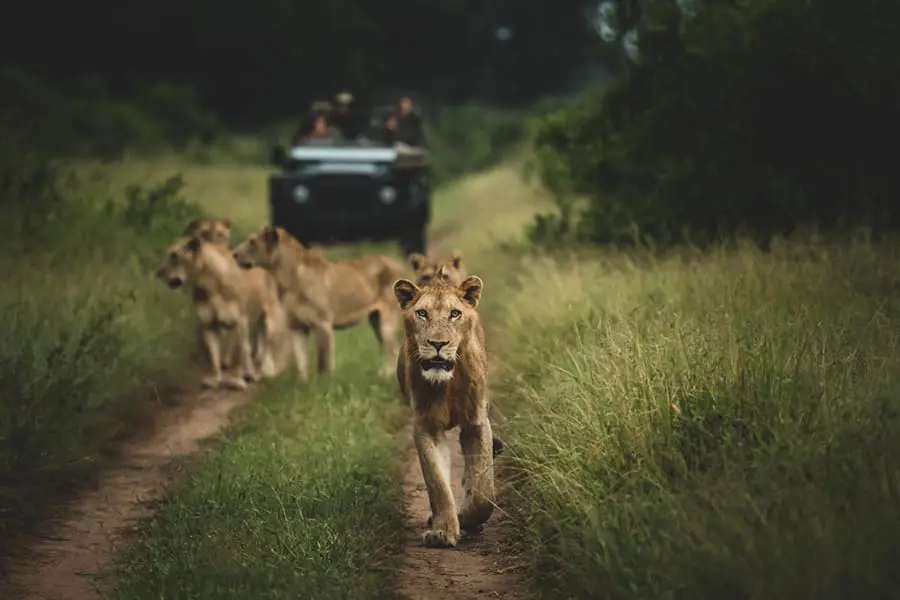
There are so many places to visit in South Africa. To ensure that you get the most out of your trip, and enjoy yourself to the fullest, here are the main safety tips you should keep in mind when travelling to South Africa:
Contact our team of Africa Safari Experts to start planning an epic, safe safari in South Africa. With over two decades of experience and knowledge, we are professionals in crafting tailor-made itineraries that will be the trip of your dreams.